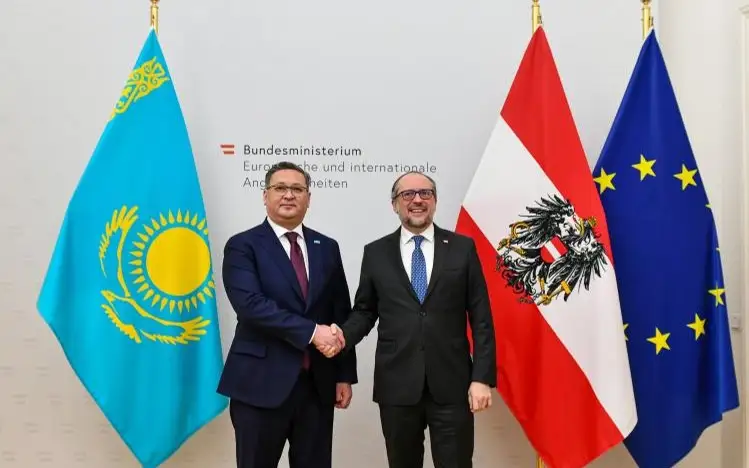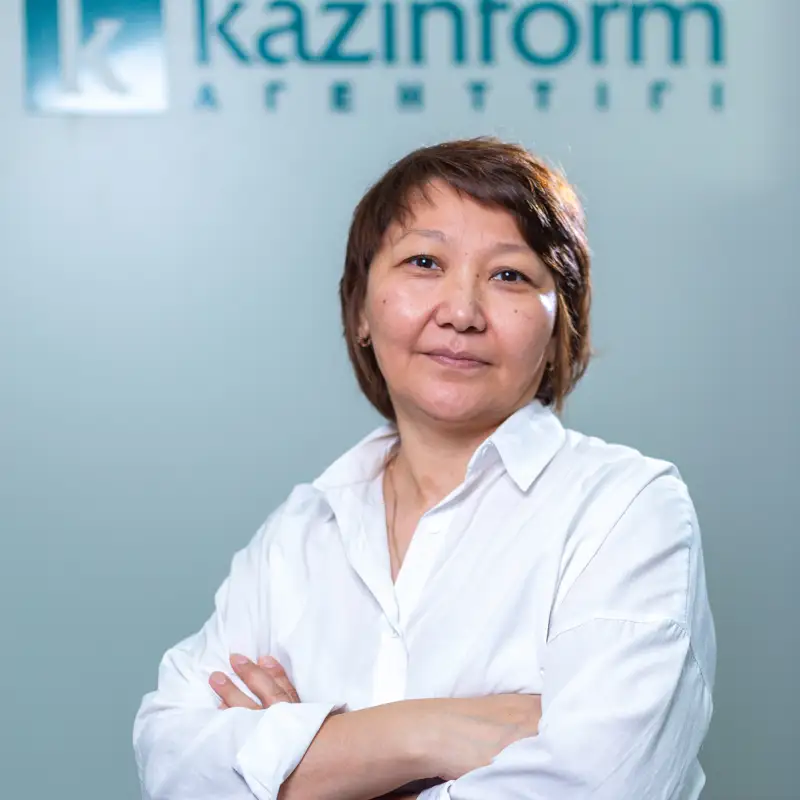Kazakhstan, Austria eye cooperation in investment, transit and transport and renewable energy sources sectors
As part of a working visit to Vienna, Deputy Prime Minister – Minister of Foreign Affairs of the Republic of Kazakhstan Murat Nurtleu held bilateral negotiations with Minister of European and International Affairs of the Republic of Austria Alexander Schallenberg. The parties discussed issues of further strengthening political interaction and outlined upcoming visits and events this year at the highest and high levels, Kazinform News Agency learnt from the Kazakh Foreign Ministry.

The Ministers compared notes on issues of bilateral cooperation and noted the common positions on a number of important issues on the international agenda, including support as landlocked countries, and a high level of cooperation in promoting the Treaty on the Prohibition of Nuclear Weapons.
Austrian Foreign Minister highly appreciated Kazakhstan’s active participation in the work of the OSCE and underlined that the Organization should serve as an effective platform for establishing dialogue between countries.
The parties also discussed practical issues of strengthening economic cooperation between Kazakhstan and Austria, attracting investments, cooperation in strengthening transit and transport potential and renewable energy sources, as well as prospects for simplification the visa regime.
The diplomats noted the importance of strengthening business ties and agreed to arrange mutual visits of business delegations. In 2023, bilateral trade turnover increased by 64% and amounted to 332.6 million US dollars (exports – 9.7 million, imports – 322.9 million). Since 2005, the volume of investments from Austria to Kazakhstan has reached to 3 billion US dollars.
To this extent, the sides emphasized the significant role of the Kazakh-Austrian Intergovernmental Commission, as well as the Business Council in strengthening priority areas of bilateral cooperation and identifying new promising areas of interaction.
Given the growing importance of the Central Asian region, the parties agreed to maintain working contacts and continue fruitful interaction within international platforms.
